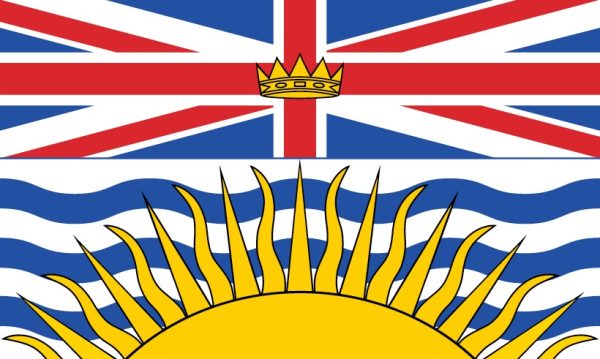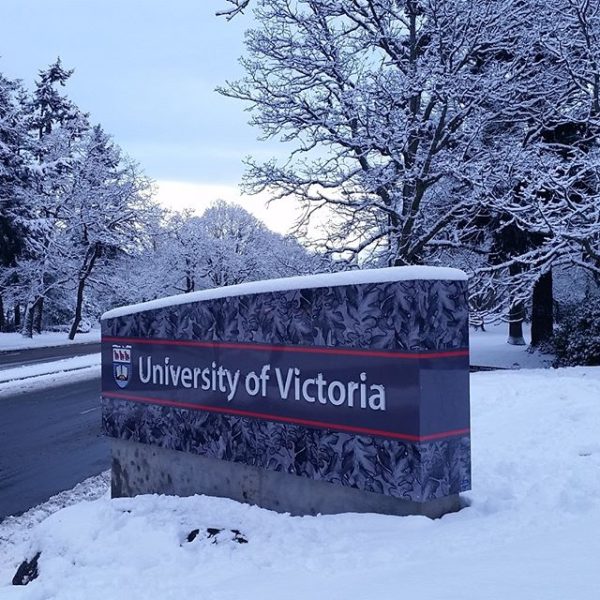
THERE IS NO ACCOUNTABILITY IN BC HEALTHCARE SYSTEMS VIA THE PROVINCIAL COMPLAINT SYSTEM
In BC, once a complaint is filed, the health care body can launch ‘a quality patient safety event care review’…. Sounds promising?
This review is held in secret. Even when ‘a quality patient safety event care review’ is triggered by a complaint, Section 51 of the BC Evidence Act applies. All records, summaries, reports and opinions prepared for a designated quality improvement committee during the quality review are prohibited from being disclosed externally.
Publicly BC Ambulance: “We’re going to look at everything that occurs in this call, of course, to try to see what can be learned and be able to derive the best, most caring and comprehensive responses to the family that we can,”
Privately BC Ambulance officials: “that review is being done under Section 51. So that means that you may not learn everything that they learned, -that they don’t have to disclose any of the results or recommendations from the review”
BC ambulance service can give misleading responses to media questions because 911 calls are rarely made public, and because their complaint system is done secretly:
“the call taker had to take the time necessary to determine the location of the emergency, even if it took 3.5 minutes. “Sometimes it takes longer than one would hope to find out where paramedics need to be, but it’s the first step.” Vancouver Sun, May 16, 2024
Fifty seconds into the call, the 911 call taker had all the information she needed for a simple internet search to get the exact location on a map. While there were two unconscious teenagers turning blue, the call taker took an additional two and a half minutes to determine the location. At 50 seconds, the call taker was aware that they were: at ‘UVIc residences’, ‘Arthur Currie’, ‘off of lot 5’ and she knew the unit number. Anybody in the general population can easily google any combination of these terms and determine the exact location on a map.
How is it justifiable for BC ambulance service to reply to a question about why it took 3.5 minutes to determine a location: “Sometimes it takes longer than one would hope to find out where paramedics need to be, but it’s the first step.”

THERE IS NO ACCOUNTABILITY FROM PRESENTING THE FACTS TO THE PRESIDENT OF THE UNIVERSITY OF VICTORIA?
After multiple meetings with the head of campus security, 10 weeks after Sidney’s death she still believed that her officers did what their training told them to do and the university had still not made naloxone available in dorms. Failing to convince the head of campus security that her system failed and that dramatic changes were needed to protect students, our family met with president Hall on April 2nd to give him the details of the event (see presentation outline here). Before we left the meeting, we emphasized the we had accurate times from time stamps and made sure he had the exact time naloxone was given and CPR was initiated by campus security. The only correspondence we received back was in response to our email on April 5 “We will be meeting with senior leaders and will be back in touch when we have information to share.”
With our consent, on May 5th, the University Of Victoria responded to questions from a Vancouver Sun reporter:
The University does not plan to make naloxone any more widely available than it currently is, it is not currently in dorms at UVic.
The University of Victoria disputes the timeline of events even though president Hall was informed that we have times from BC ambulance service. Despite this, the university claims their security officers gave naloxone at 7 minutes after the call, 4 minutes after security arrived. Even though we can prove they are incorrect about this timeline, this would still not have been an adequate response. Brain damage starts about 4 minutes after breathing stops or becomes ineffective. Waiting 4 minutes to give naloxone, and waiting another 3 minutes to initiate CPR after arriving to two unconscious blue students, who had already been down for 3 minutes in one of their dorms, would likely lead to very serious harm or even death.

THERE IS NO LEGAL ACCOUNTABILITY IN BC FOR A CASE OF WRONGFUL DEATH
If someone is negligent in the death of a child, the life of the child has no value in the eyes of the law in BC.
In our society, the primary way to hold someone accountable is through the legal process. Facts can be exposed publicly in court and fault determined. In BC, if a person does not earn an income and support a dependent, you are only able to sue for funeral costs. The family compensation act in BC governs wrongful death claims – economic damages are limited to lost future income upon which dependents relied and any funeral and burial costs associated with the death.
Ultimately the legal process will cost the person pursuing justice more than they can recoup even is the suit is settled in their favour. Punitive damages are not awarded in BC. As a result, the legal process is prohibitive and costly and does not deliver Justice. It just further victimizes families.
David Eby knows this:
“Attorney General David Eby said in December that changing the Family Compensation Act is a priority and he is committed to bringing about change during this term of government.” CBC Feb 2021
“You’re going to learn when you lose someone to wrongful death that the grieving process is actually inextricably linked to being able to access justice, and when you’re denied that justice, you’re denied your humanity, you’re denied your ability to go through the grieving process,” Michael-James Pennie, president B.C. Wrongful Death Law Reform Society : www.InTheirName.ca

THE FREEDOM OF INFORMATION ACT IS WEAPONIZED AGAINST PEOPLE SEEKING ANSWERS AND JUSTICE
Obtaining records is done through the freedom of information (FOI) process. A formal application must be submitted for each record request. You must understand which records are available to know to request them. The cost to hire a lawyer to help do this is prohibitive given the family compensation act denies one the ability to recoup this money. Some FOI requests are so complicated they suggest you may need to hire a lawyer to help Application for release of patient records BCEHS:
“In order for us to process any request not made by the patient, including a request concerning a deceased patient, you must provide a comprehensive explanation of the reason you are seeking the deceased patient’s records, including an explanation of how you are acting in the patient’s best interests. If you are unsure whether your request meets this requirement, you may wish to seek the advice of a lawyer.”
The Act allows for 30 business days (6 weeks) from when they acknowledge your application request is complete, to respond to your request. A sample response from PHSA:
“The Act allows for 30 business days to respond to your request. We received your request on May 3, 2024. The default date by which we will respond to your request is: June 17, 2024.
In certain cases, the Act allows for time limits to be extended. We will notify you as soon as possible if we intend to extend the time limit.
The Act also allows fees to be charged for certain services. We will notify you as soon as possible if fees apply to your request.”
On June 17th, they can legally send us an email telling us they need another 30 business days (6 more weeks) -they won’t have to supply the documents until July 29th.
After 12 weeks, you may then receive the documents only to realize the information you are seeking is not part of those documents and you must start the process over elsewhere.
There is no accountability in BC…
That is why this website is here.
Don’t let another young person die.


